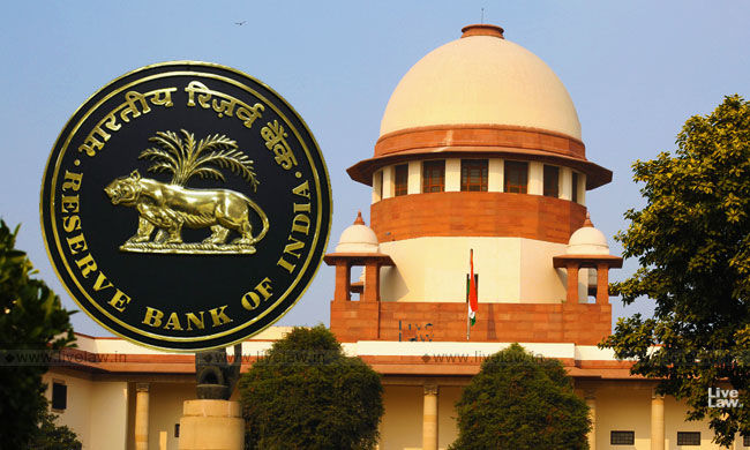Supreme Court Refuses To Stay RBI Notices To Bank Under RTI To Disclose Information
LIVELAW NEWS NETWORK
3 July 2021 9:06 AM IST

Next Story
3 July 2021 9:06 AM IST
The Supreme Court on Friday refused the prayers made by Punjab National Bank and Union Bank of India to stay the RTI notices issued to them by the Reserve Bank of India to disclose information related to defaulters list, inspection reports etc.A division bench comprising Justices S Abdul Nazeer and Krishna Murari however issued notice on the writ petitions filed by the banks and posted them...
